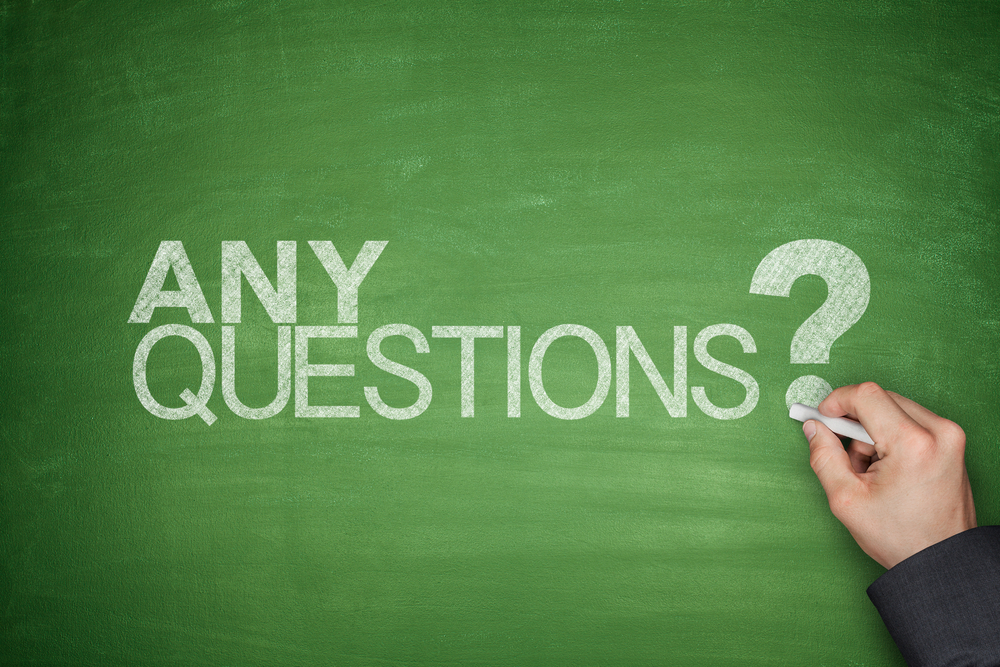
One of the most important and valuable assets for any leader is the trust they develop with their people. Without trust, working with the individuals in a team can be like dragging lead behind you, for every step of the way will require a lot of effort to persuade commitment; encourage risk and enable them to go the extra mile when you most need it. Building trust takes time, and once you have it, it requires nurturing and maintenance or you can lose the trust in a relationship in an instant.
For any leader, building trust is a relationship skill to be worked on and tone achieved, treasured fully.
There are two types of trust. The bigger one, where relationships are developed over time with people you interact with regularly, everyone knows as trust. There is also another trust-based relationship, that of rapport. This is quicker and less layered than the deeper trust we all know and love. Rapport is how some people seem to ‘get on’ well with people they have only just met. Those who settle into a party with people they don’t know very well, if at all. As if they had always been part of a group.
In both cases, there is a skill that magnifies all other efforts to build effective relationships. A skill which, when used authentically and as naturally as it can be, will enhance any leader’s relationship-building; encourage others to draw out their own potential, as well as making them feel a really valued and beneficial member of that leader’s team. Not to mention that they regard the leader highly too. There is something about the leader they find it hard to put their finger on. And it is a good feeling.
Apart from the vital ability to ‘be in a conversation’ as often as possible with every one of your people, the interaction needs to be engaging. Listening well; asking appropriate questions, and paying full attention are great first steps, yet there is a tiny tweak to a conversation that is easy to adopt, simple to practice, costs nothing and yet is like the gold dust of relationship building. When used well, not only do ongoing relationships get a boost, but short-term rapport is accelerated, so that it’s easy to settle in, and feel welcomed and welcoming in any situation.
Before I explain it in the little detail it requires, remember this, all relationships must be developed authentically and appropriately. You cannot pull rabbits out of hats in your interactions with people, for they will quickly doubt you and your motives. You have to develop your own behaviours such that you consistently value others as importantly – maybe even more so – than yourself, and demonstrate that frequently.
The skill? When you are in conversation with someone, you must pay full attention. That means you must look at them, avoid distractions and be willing to listen hard to what they are saying, leaving out of your own head your ideas, solutions and advice – at least most of the time. When you do this, you will hear them for who they are and what they have to say. You will appreciate the value of their words and thinking, as well as the nuances in their language, tone and also, when you listen in this way, sometimes what they don’t say.
What you’d like to know more about.
When you listen to them, whether the conversation is about a project, a problem or an opportunity to delegate. Or just that they are passionate about their dog, or gardening, or a football team. Listen to where their passion is – work or otherwise – and then, draw out this remarkably simple tool.
Ask them something else about what they have just told you.
With real interest. With enthusiasm. With authentic curiosity about them. Not you.
As Dale Carnegie said in his excellent book, ‘How to Win Friends and Influence People‘: –
‘Encourage others to talk about themselves’
Their pride is in themselves, and when you facilitate more from them about what they have told you, the relationship becomes stronger, more quickly and more soundly than with any other skill you can use.
Why is this?
When we talk about active listening, it is hugely valuable, and this enhances how actively you have been listening. A leader who pays lip-service to another’s words will not be trusted, for the person speaking will sense the lack of real interest. Yet one who listens closely enough to want to know more about what they have been told, makes the individual in front of them feel valued, important and an equal partner.
How do you go about it?
In ‘The Seven Habits of Highly Effective People‘ by Stephen Covey, in one tiny paragraph, he talks about the importance of ‘response’ over ‘react’. So, to develop the skill of the second question, you need to catch yourself preparing to move the conversation on with your own thoughts as the next stage in a conversation.
Slow yourself down and take a breath.
- What interested you?
- What are you curious about?
- What do you want to know more about?
- Where is their passion?
You can develop this skill when someone brings a problem to you; when you are delegating work to someone; when you are in a meeting; when you are meeting someone you want to influence; when you are coaching. You can do this in the workplace and at home.
It is of universal value.
Whether it be model trains; the pending budget; their career aspirations or, the name of that dog they are so passionate about, matters not one jot. The key here is the investment in the relationship you are making.
One that will stand you in good stead into the future, for the trust your interest in them brings.
Previously written by Martin Haworth and published on the blog of Pluma – building better leaders, managers and colleagues.
